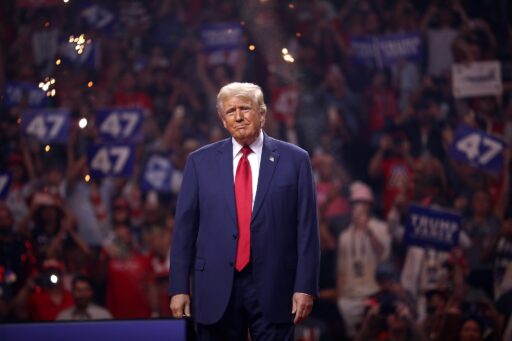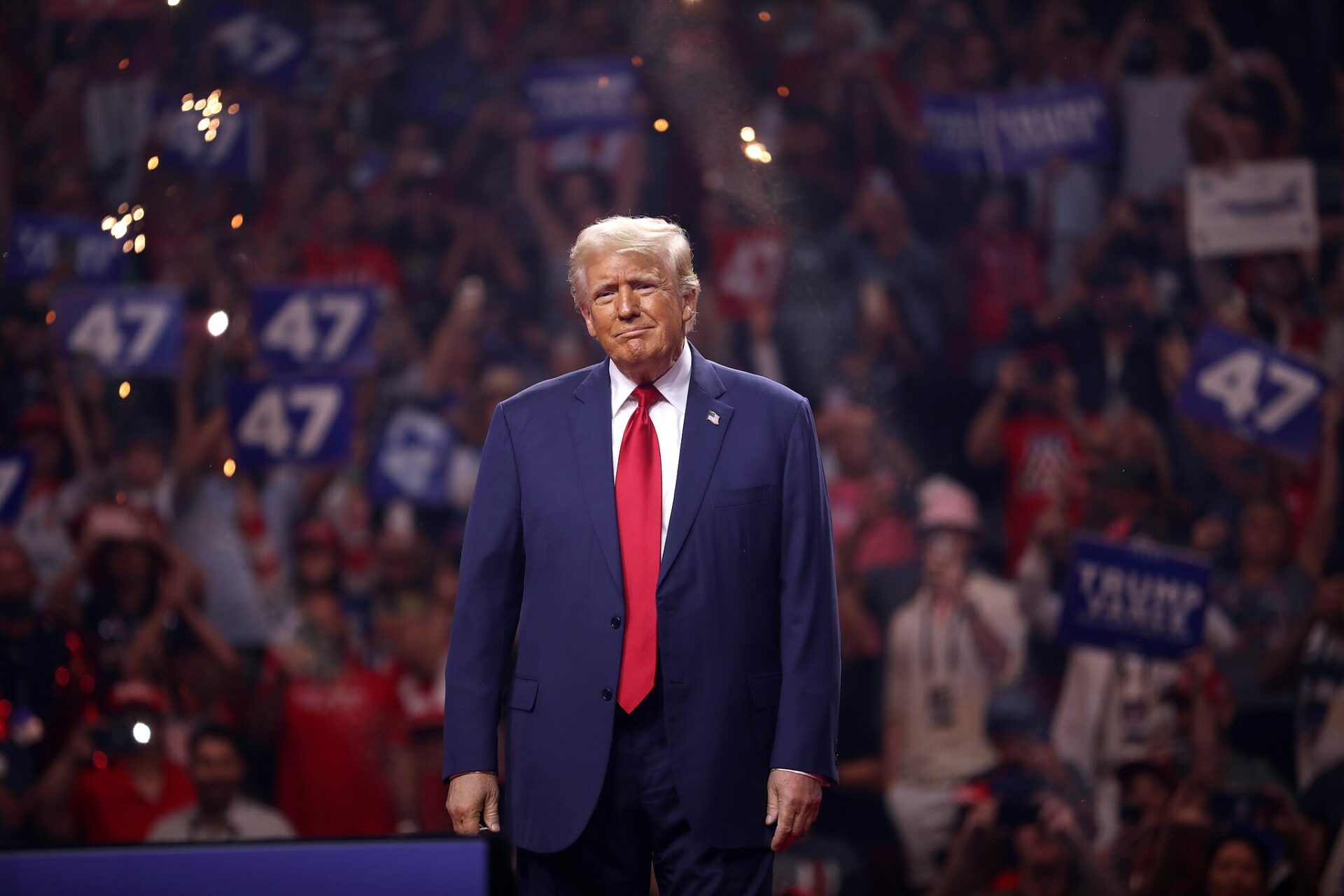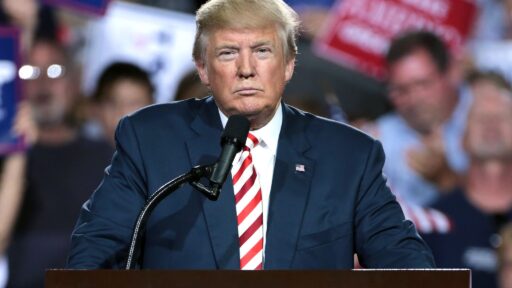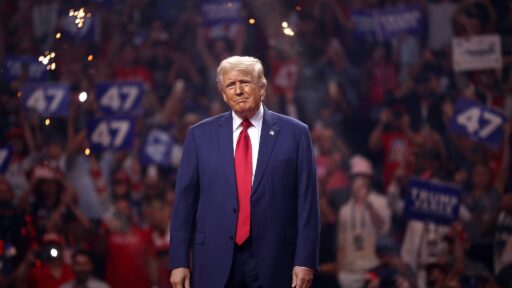Trump Wants His Money Back
At a recent rally in Potterville, Michigan, former President Donald Trump addressed the crowd with a critique of the money he poured into his campaign efforts against Joe Biden. Trump expressed frustration over his financial investment, questioning how it felt to be in his position after Biden exited the 2024 race. “I spent $100 million battling him,” Trump said, reflecting on his campaign expenditures. “We were not up against a vice president or even someone we knew much about. Yet suddenly, they said, ‘Joe, you’re losing badly, you need to step aside.’”
Trump suggested that the Biden administration orchestrated a strategy to remove Biden from the race, only to replace him with another candidate. This assertion comes in the wake of Biden’s withdrawal and the subsequent rise in fundraising for Kamala Harris, who quickly accumulated $126 million after being endorsed by Biden.
According to Reuters, Biden’s campaign had amassed $95 million by the end of June, while Trump’s campaign had raised $128 million. In contrast, Harris’s campaign saw a surge in donations after her endorsement, highlighting the financial dynamics of the current race.
Trump’s spokesperson, Steven Cheung, told Newsweek, “President Trump’s dominance was so pronounced that he forced Biden out of the race, leading the Democrats to orchestrate a political maneuver to replace him with Kamala Harris.”
This scenario raises questions about the role of campaign spending in presidential elections. Historical data reveals that the amount of money spent does not always guarantee victory. For instance, in 1984 and 1996, incumbent candidates won despite spending significantly less than their opponents. In 2004, Republicans spent less than Democrats but secured the win.
In the 2016 election, Trump’s campaign spent less than Hillary Clinton’s—$668 million versus $833 million—yet emerged victorious. Conversely, in the 2020 election, Democrats outspent Republicans by a staggering margin, with Biden’s campaign spending $3.1 billion compared to Trump’s $828 million. Despite this financial edge, the margin of victory for Biden was 4.5 percent of the popular vote, almost doubling Trump’s 2016 margin, though the number of electoral votes was comparable.
The interplay between campaign spending and electoral success remains complex and multifaceted, reflecting a broader narrative of how financial resources influence political outcomes.






